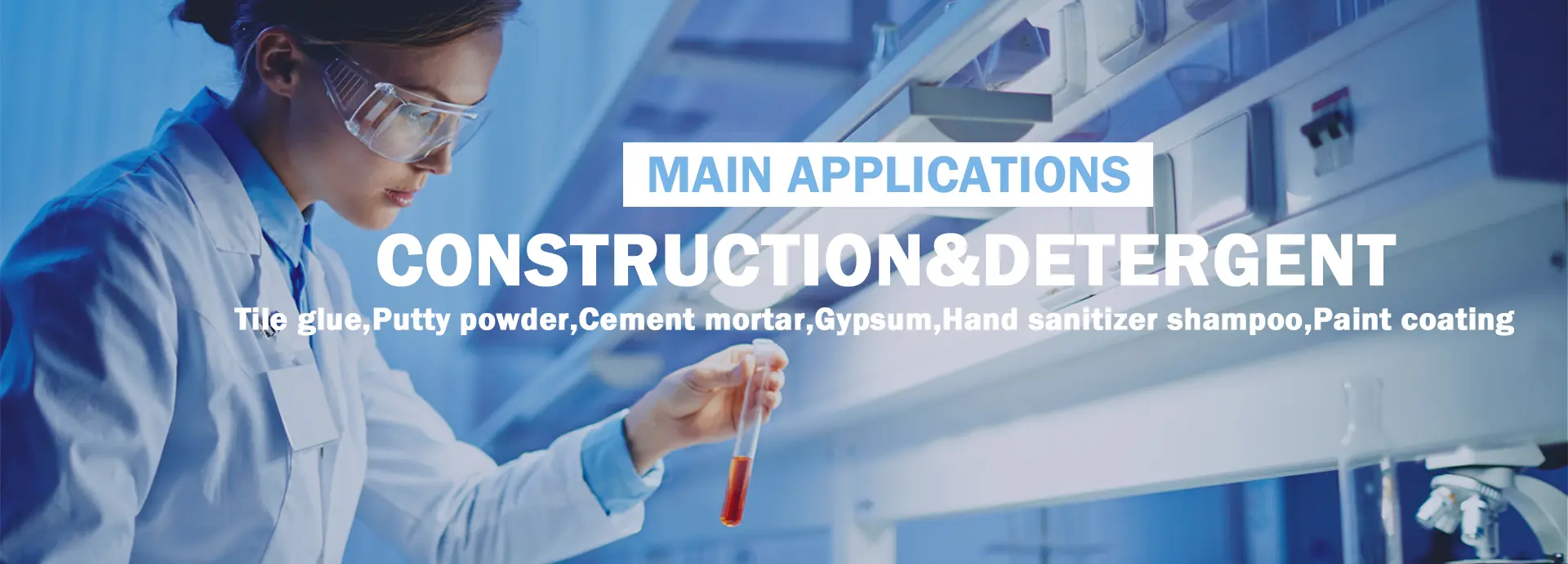Understanding HPMC and Its Applications
Hydroxypropyl Methylcellulose (HPMC) is a versatile polymer that is widely used in various industries, including pharmaceuticals, food, cosmetics, and construction. Its unique properties make it an essential ingredient in numerous formulations and applications. This article will delve into the characteristics of HPMC, its uses, and why buying HPMC can be beneficial for various industries.
What is HPMC?
HPMC is a semi-synthetic polymer derived from cellulose, a natural polymer found in plant cell walls. It is produced by reacting cellulose with propylene oxide and methyl chloride. The result is a white or off-white powder that is odorless and tasteless and readily soluble in water to form a viscous gel. HPMC is prized for its ability to modify viscosity, form films, and stabilize emulsions, making it a highly valuable ingredient across multiple sectors.
Applications of HPMC
1. Pharmaceutical Industry HPMC is extensively used in the pharmaceutical industry as a binding agent, film coating agent, and controlled-release drug delivery system. It helps in the manufacturing of tablets and capsules by ensuring uniformity and stability in the formulation. Additionally, HPMC is employed in ophthalmic solutions and other liquid medications due to its excellent thickening properties.
2. Food Industry In the food sector, HPMC acts as a thickener, emulsifier, and stabilizer. It is often used in low-fat products as it improves texture and mouthfeel. HPMC ensures that ingredients remain mixed and enhances the shelf-life of various food products, making it a popular choice among food manufacturers.
3. Cosmetics and Personal Care HPMC is a common ingredient in cosmetics, where it provides texture, stability, and a smooth feel. It is found in creams, lotions, and makeup products. Its water-retaining properties help maintain moisture, making it beneficial for skin hydration.
4. Construction In the construction industry, HPMC is utilized as a thickener in cement mortars, adhesives, and drywall compounds. It improves workability, water retention, and overall performance of construction materials, making it an essential additive for builders and contractors.
buy hpmc

Why Buy HPMC?
Purchasing HPMC can be advantageous for businesses and manufacturers looking to enhance their products. Here are a few key reasons
- Quality Assurance When sourcing HPMC from reputable suppliers, companies can ensure that they receive high-quality materials that meet industry standards.
- Versatility HPMC's multifunctional properties make it suitable for a wide range of applications, allowing companies to use a single ingredient across various products, thus simplifying inventory and formulation processes.
- Performance Improvement Incorporating HPMC into formulations can lead to improved product performance, stability, and consumer satisfaction.
- Cost-Effectiveness HPMC can reduce the need for multiple additives, resulting in cost savings for manufacturers without compromising on quality.
Conclusion
In summary, HPMC is a crucial ingredient in many industries due to its unique properties and multifunctionality. Its applications in pharmaceuticals, food, cosmetics, and construction highlight its versatility and importance. For businesses looking to enhance their products and streamline their manufacturing processes, investing in high-quality HPMC can lead to significant improvements and benefits.
-
The Application and Significance of Construction RdpNewsMay.19,2025
-
Industrial Grade HpmcNewsMay.19,2025
-
Building Coating Adhesive Building Coating Adhesive HpmcNewsMay.19,2025
-
Application Of Hpmc For Detergent For Detergent In DetergentsNewsMay.19,2025
-
Application Of Hpmc Cellulose In Cement-Based MaterialsNewsMay.19,2025
-
Application Of High Quality Hpmc For Construction In The Field Of ConstructionNewsMay.19,2025




